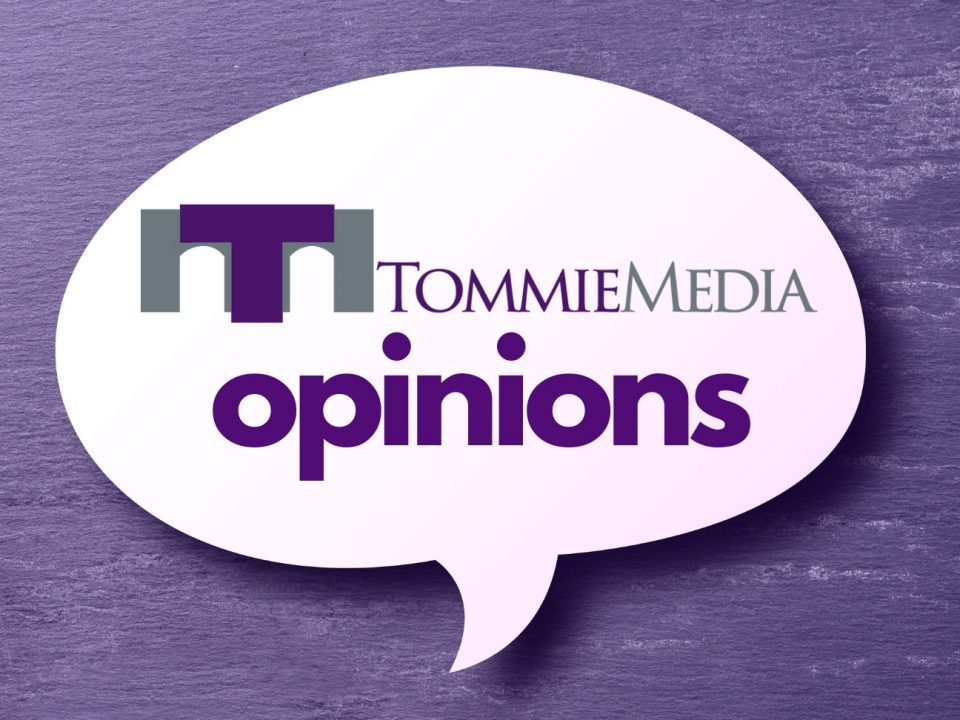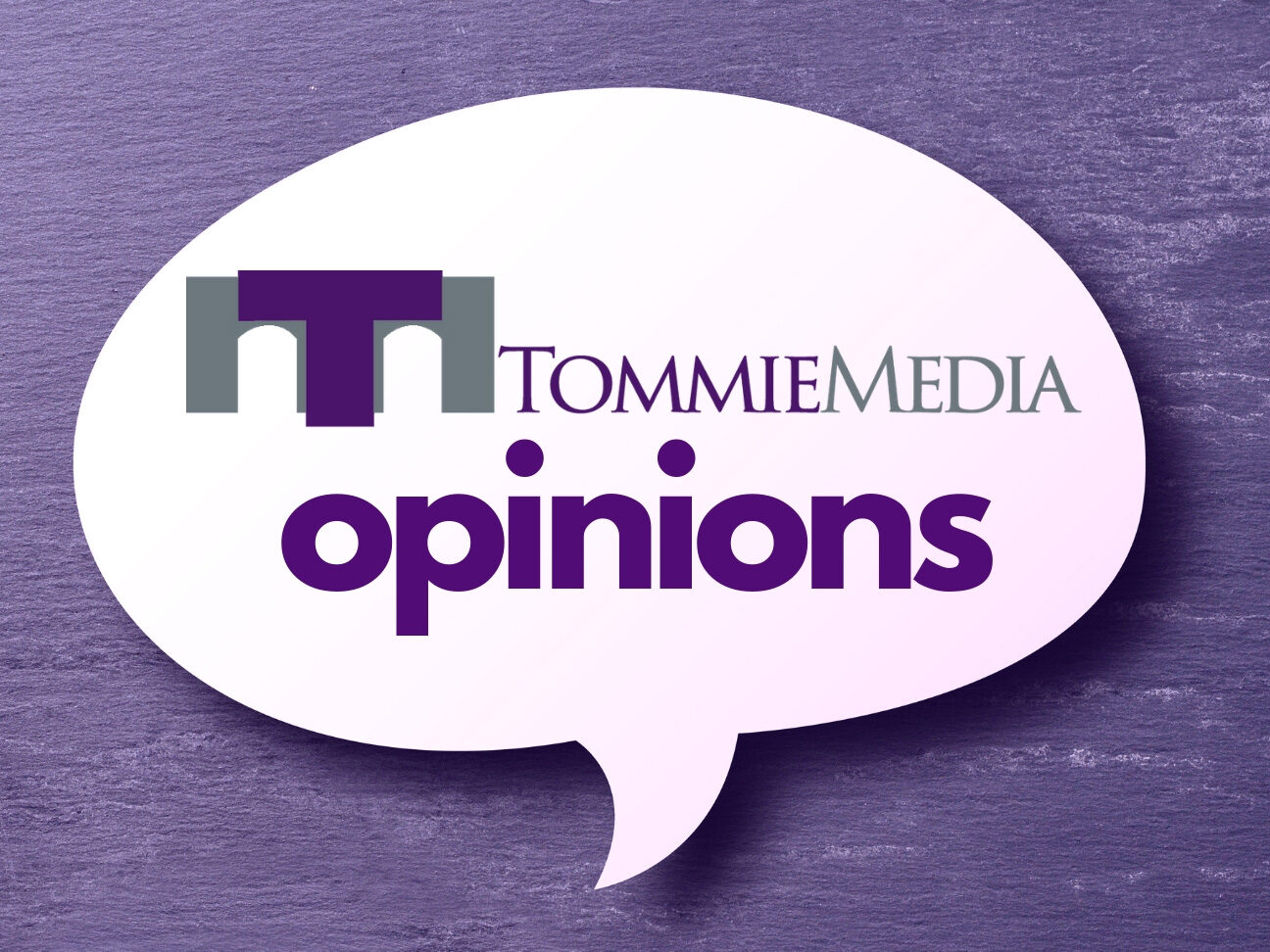
The Super Bowl, one of the most-watched events in America, is a perfect place for companies to showcase their brand or product. However, with all of the problems and uncertainty of the COVID-19 pandemic and ad spots costing $5.5 million for a 30-second slot, companies were faced with two questions. Is it worth it to buy an ad spot? And if we do get an ad spot, do we address the pandemic?
So, who didn’t run an ad?
Big names such as Coke, Hyundai and Budweiser sat out the showcase, with Budweiser donating their ad spot money to spread awareness of COVID-19 vaccines. So, if like me, you were disappointed that Budweiser couldn’t try to top their 2014 “Lost Puppy” commercial, there is some consolation in knowing that the money went to a good cause.
With some major companies not running an ad, many first-timers stepped up to the task, like Uber Eats, Vroom, and Chipotle. Despite being at the center of controversy for temporarily banning the purchase of GameStop stock, investment company Robinhood—also a first-timer—ran an ad that tries to make them more relatable. The ad depicted ordinary people doing relatable activities like getting their dog from the vet, going on a morning run and putting their baby to sleep, while being able to trade stocks anytime or anywhere, unlike standard brokers.
The ad is good and offers insight into their company with just the right amount of empathy, but with some background info, it becomes an ad to clean up their mess. There were also no signs of COVID-19 in their ad universe, which is both a pro and a con.
When ads address COVID-19, it can be a double-edged sword. The ad can become more realistic and relatable, making it easier to establish a connection with a viewer, but on the other hand, thoughts of the pandemic can turn off a viewer. Negative ideas may be connected to your idea. This makes the execution of the ad important.
Some companies indirectly address the COVID-19 pandemic in their commercials. This is smart because it leaves less of a chance for negative associations with the ad.
Bud Light did it best with their ad titled, Last Year’s Lemons, showcasing their new lemonade seltzer. Their use of lemons as symbolism for the pandemic year of 2020 is smart because it substitutes all of the mask-wearing and social distancing of the pandemic for the sky raining lemons. If you listen closely, the song in the background says, “every second every minute every hour,” representing COVID-19 affecting every moment in our lives. The uncontrollable raining of lemons disrupts everyone’s lives in the ad and is quite literally what COVID-19 did to us. Except it isn’t COVID-19, it’s lemons. The hilarity of an obscene number of lemons raining, while people are being hit by them and running for their lives and a short cameo by the Dodgers, makes this one of the most memorable commercials of the night.
I wish I could critique all the commercials and connect them to some profound idea or thought but that’s not how commercials work. They are simply designed to make us want a product. Out of all of the commercials, here are a few that made me want their product:
Chipotle’s “Can a Burrito Change the World” was very good in terms of what they were trying to sell to us. The goal was to show the commitment to sustainability and environmentally friendly products through the narration of a young boy’s imagination while eating a burrito. Marketing on a commitment to make the world a better place is a good one as it gives the company integrity and makes it relatable through a common goal. I can understand how this can be seen as pandering or false information, but all I have to say is that I bought Chipotle the day after the Super Bowl.
In terms of star power, there were two companies that stood out: Michelob Ultra’s ad titled, “Happy,” featuring many famous athletes and Paramount’s ad, “Sweet Victory” for their new streaming service Paramount+, featuring a big list of stars from the shows available on the service. Some of the stars are Patrick Stewart, Stephen Colbert, DJ Khaled, Dora, Young Sheldon, and many more. Once Spongebob appeared and sang “Sweet Victory,” I knew that Paramount’s ad was more powerful, especially when Young Sheldon said, “This is a metaphor for how we are all streaming on Paramount+ now.” Despite how oversaturated the movie and TV streaming industry is becoming, Paramount+ will be getting a free trial from me.
Finally, the Mountain Dew advertisement for their new melon flavored drink first caught my eye with the colorful melon theme. Then, when John Cena said that if we guessed the number of Mountain Dew bottles in the commercial we would win $1 million, I was captivated. The amount of time I tried to count the number of bottles was absurd. Long story short, I won’t be winning the money, so my bottle of melon Mountain Dew will have to come out of my own pocket.
It’s always interesting to analyze ads to see what makes them good, especially those from the Super Bowl and during the COVID-19 pandemic. Whether or not they addressed the pandemic, they all provided some sort of entertainment that helped us take our minds off of the crazy reality we are living in.
Logan Sriharatsa can be reached at srih1201@stthomas.edu.



